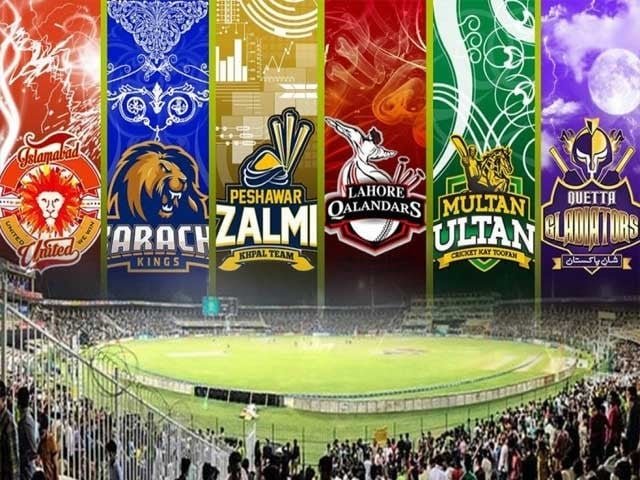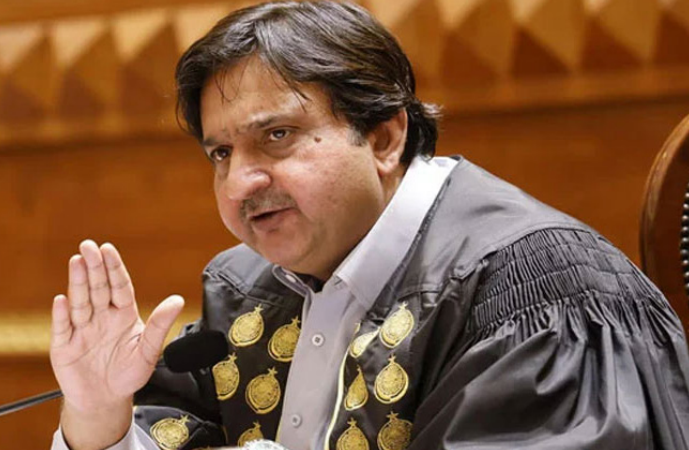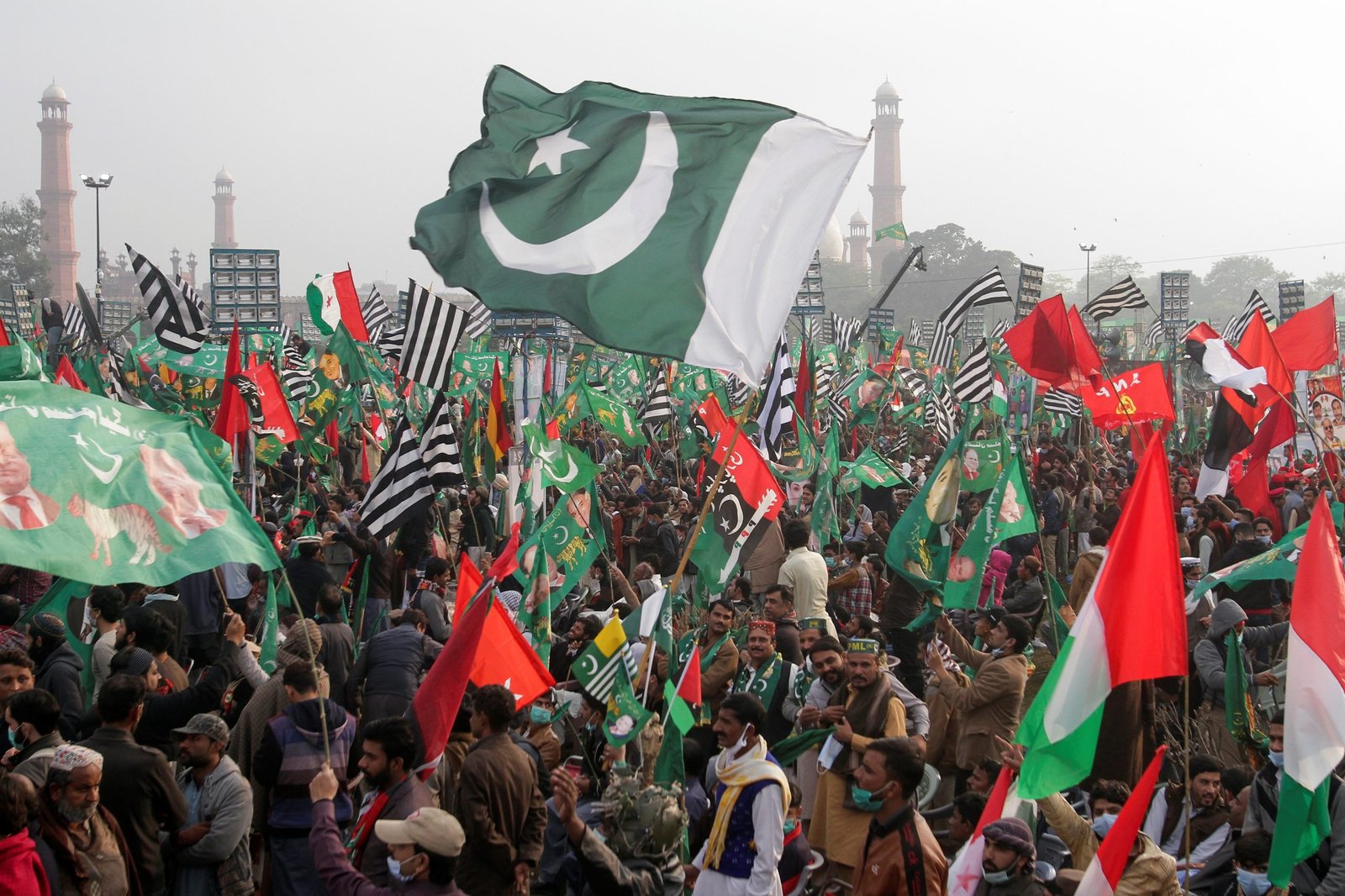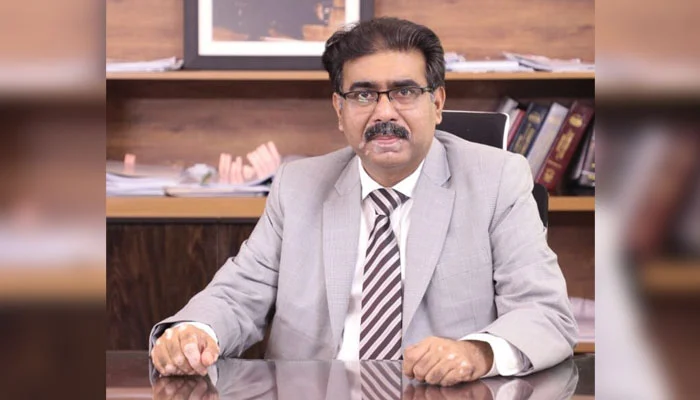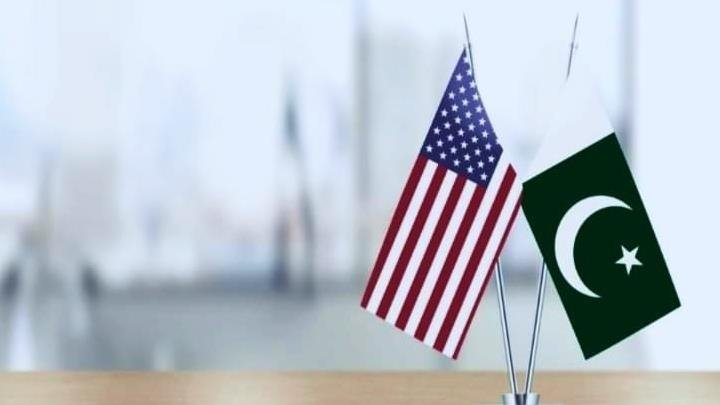Ramzan Sheikh
The 10th edition of the Pakistan Super League (PSL), Pakistan’s most celebrated cricketing spectacle, kicks off amidst an atmosphere of uncertainty, disappointment, and a growing sense of identity crisis. What should have been a moment of celebration for completing a decade of the country’s premier T20 league is instead being overshadowed by critical questions about the direction, purpose, and global relevance of the PSL.
Launched in 2016, the PSL once breathed new life into Pakistani cricket. It was heralded as a game-changer — a high-stakes, star-studded platform that revived the domestic cricket scene and unearthed fresh talent. Over the years, the league played a crucial role in reintroducing international cricket to Pakistani soil and creating a pool of players that fed directly into the national team. But fast-forward to 2025, and the current mood is a far cry from the optimism of its early years.
Instead of a triumphant build-up to the landmark season, PSL 10 is starting with a whimper. The national team’s persistent underperformance on the international stage — including disappointing outings in the ICC Champions Trophy and the recent New Zealand series — has dulled enthusiasm. Even captain Mohammad Rizwan, rather than offering inspiration, could only muster a half-hearted hope that the PSL might offer some relief and revival.
While the PSL has historically served as a launchpad for emerging talent — think Shadab Khan, Hasan Ali, Shaheen Afridi — the league no longer carries the same magnetic force. It appears to be coasting, relying on legacy rather than innovation or reinvention. The pool of international talent has also diminished. With the league’s schedule running concurrently with the Indian Premier League (IPL), the world’s most-watched T20 franchise tournament, the PSL finds itself scraping from the leftovers of global T20 talent.
International players now signing PSL contracts are often those who didn’t make the IPL cut. The absence of marquee names — like those who once brought excitement, sponsorships, and global viewers — is telling. Even David Warner, a former Australian star, is playing PSL cricket not out of choice, but due to lack of IPL inclusion. This scheduling clash continues to dilute the league’s global appeal and marketability.
Pl subscribe to the YouTube channel of republicpolicy.com for quality podcasts:
Cracks are also starting to show among the league’s stakeholders. A recent public spat between Multan Sultans owner Ali Tareen and Karachi Kings owner Salman Iqbal highlighted internal discontent over the PSL’s direction. Tareen criticized the Pakistan Cricket Board’s (PCB) claim that Season 10 would be “the biggest PSL ever,” calling it a recycled version of past seasons, and warning of creative stagnation. His comments, though later clarified, reflect a broader sentiment — the PSL is not evolving fast enough to compete with other global leagues.
Salman Iqbal’s sharp response underscored just how sensitive and fragmented the conversation around PSL’s future has become. The fact that franchise owners, who are supposed to be business partners in growing the league, are at odds in public doesn’t inspire confidence in the product’s cohesion or governance. Tareen’s concerns about the league not building itself into an international brand ring particularly true when considering its continued struggle to break out of the IPL’s shadow.
The PSL’s failure to carve out a distinct global identity is increasingly becoming its Achilles’ heel. Scheduling the tournament during the IPL season effectively guarantees it will never get the international limelight it deserves. Broadcasters and fans alike are already invested elsewhere, making it difficult for the PSL to expand its audience beyond a core domestic and diaspora viewership.
In a world where sports leagues are aggressively marketing themselves as global entertainment brands, the PSL seems to lack vision. Instead of charting a bold course, the league appears to be stuck in a cycle of sameness. There is little innovation in how it’s packaged, broadcast, or commercialized. Even marketing efforts have lacked the punch needed to capture attention in a crowded cricket calendar.
Despite all this, it would be unfair to write off the PSL entirely. It remains Pakistan’s most valuable and visible sports product. It brought cricket back to packed stadiums in Karachi, Lahore, Multan, and Rawalpindi. It gave Pakistani fans the joy of seeing international stars perform on home turf after years of isolation. It has helped revive cricket infrastructure and restored a sense of national pride in the sport.
Moreover, the league continues to play an essential role in developing young talent. PSL franchises have heavily invested in youth academies, scouting programs, and community engagement. Even with a shrinking pool of international players, the competition between local stars keeps the games competitive and worth watching.
But the PSL cannot survive on nostalgia and goodwill alone. If it is to remain relevant — not just as a national product but as a legitimate contender in global franchise cricket — it must evolve. This means a complete overhaul in strategy: rescheduling to avoid overlap with IPL, rethinking its marketing, investing in digital platforms to engage global audiences, and forging stronger international partnerships.
The PCB must also act as more than just an administrator — it must be a visionary steward that sees the PSL not just as a revenue source but as a vehicle to elevate Pakistan’s global cricketing stature.
Season 10 should be a time of reflection, not just celebration. It must serve as a catalyst for growth, a moment where all stakeholders—owners, the PCB, sponsors, players, and fans—come together to reinvent and reinvigorate the league. The PSL cannot afford to stand still while the rest of the cricketing world races ahead with innovation, technology, and star power.
If anything, the current challenges offer a chance to reset. With careful planning, transparent governance, and a commitment to excellence, the PSL can once again become a source of national pride and international admiration. But it must dare to think bigger and act bolder.
Because if Pakistan’s most successful cricket brand loses its shine, it won’t just be a setback for the league—it will be a setback for the future of cricket in Pakistan.



